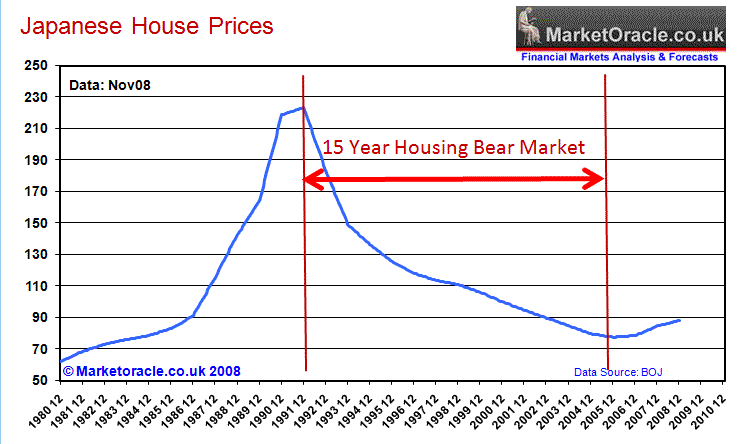 Joseph Tan is one of the most truthful guys who shared his property investment experience. Most property investors would properly brag about how superb property investment is, a smaller group who are willing to admit their failures would curse on it. But believe it or not, Joseph Tan's story actually covers the majority of how a property investor in this region would experience after some time i.e. from the 2nd to 5th property.
Joseph Tan is one of the most truthful guys who shared his property investment experience. Most property investors would properly brag about how superb property investment is, a smaller group who are willing to admit their failures would curse on it. But believe it or not, Joseph Tan's story actually covers the majority of how a property investor in this region would experience after some time i.e. from the 2nd to 5th property.Basically he wasn't fully equipped with proper tools to start with but yet making great returns in his first 3 properties. However, the 4th one turned out to be a big lesson and he is sharing it with all. (details in Alan Tan's blog )
If disaster like this happened on the 4th or 5th property, it usually break even with previous earned profit or at worst became an expensive lesson. But for some who faced it on the 2nd or 3rd property, it usually crash their whole personal finance portfolio. Those who managed to stay alive had to start all over.

Most of his sharing are malpf compliant except one controversy point : Location, Location, Location ! For those who has followed malpf long enough, they know that malpf claims Location factor in property investment is just an overweight marketing topic by the developers. You can always jump on the developers band wagon to make some money but it wouldn't be a rock solid property investment strategy.
However, the main reason to mention his sharing is his 3rd point : Don't Buy a Shop in a Fully Sold complex - because - the developer will NO longer promote the property. Generally
- if not many people are buying, its unlikely you will buy it (something must be wrong )
- if many people are buying, its most likely you want to buy too ( must be an opportunity, don't miss it! )
And yet he shared his priceless advice ...

- even such a successful business man like him still rely on developer to 'upkeep' the property/area.
- if the area ( complex ) is no good, your property ( shop ) is no good too.
In any investment, once you are relying on others to make profit, your task is to make sure you join them as early as you could and leave right before they leave. Its NOT a rock solid investment, its more like a speculative exercise.
I am not sure if Joseph bought the shop in Galaxy Ampang but most other smaller shopping complexes in that area faced similar fate. However, some of the 1st batch buyers back then actually earned 15-20%. They jumped out before the developer did.
I know at least 2 private owners who are still keeping properties there and do not feel that bad about it. The biggest difference is they bought the shops for almost half of what other paid for back then.
I don't know if they had foreseen they had to wait 10-20 years but they did adhere to the first part of solid property investment strategy - always buy the property lower than its worth else its NOT a good buy.

Another specific factor on shopping complex is the floor level. The hottest property investment arena in Malaysia is Sungai Wang but once you go above 3rd floor, the value and worth drop drastically. For any non hot-spot shopping complex, looks no further than ground and 1st floor. Else you are not buying a shop, you are just buying a store room. The prices are assessed quite differently.


























